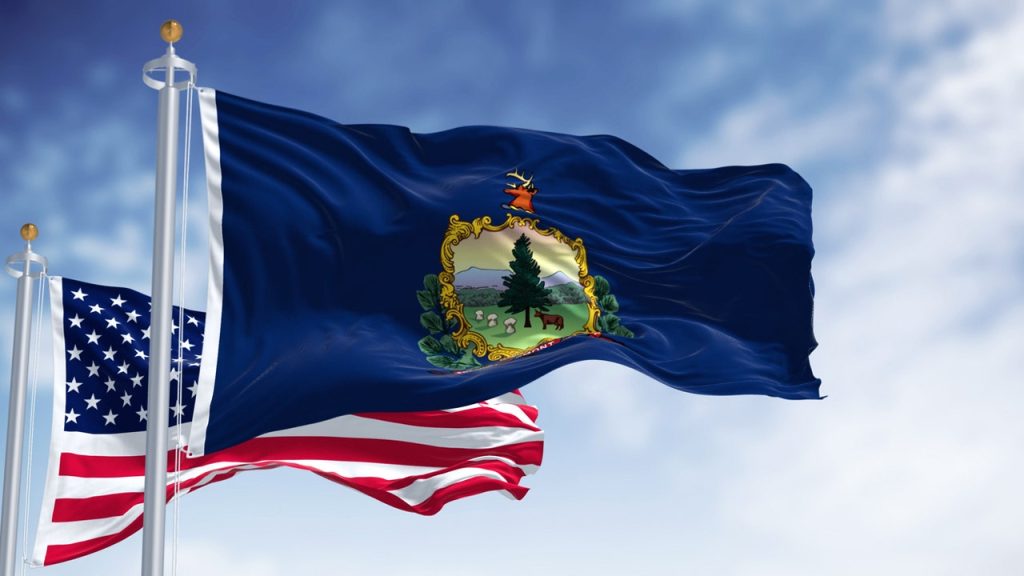Dating back many years, states around the country have featured head-scratching laws. Some strange laws circling the internet are nothing more than rumors and mysterious tales, while others are written into law. In Vermont, strange laws of the past include one mandating that imitation butter be dyed pink. Weird laws still around include one banning billboards. Billboard bans are not specific to Vermont, but they aren’t widely present across the United States either. There are four states that have a billboard ban: Vermont, Hawaii, Maine, and Alaska. Vermont was the first to create the law in 1968, restricting business signs located along a highway.
The State Billboard Act passed in Vermont prohibits any official business directional signs, on-premises signs, residential directional signs, or exempt signs that interfere with official traffic control signs or attempt to direct traffic. Billboards that obstruct a driver’s view of official traffic control signs and approaching traffic are also not allowed. Additionally, billboards with any form of light or those located on a tree are prohibited by law. Those who violate these regulations can face penalties and fines. This law reflects Vermont’s commitment to road safety and preserving the natural beauty of its landscape.
Another strange law in Vermont pertains to painting or disguising horses for competitions. A person who knowingly enters or drives a horse painted or disguised for the purpose of competing for a prize offered by an agricultural society may face imprisonment of up to six months or a fine of up to $500. The law aims to ensure fair competition and prevent deceptive practices in horse-related events. By enforcing strict penalties for painting or misrepresenting horses, Vermont upholds the integrity of agricultural competitions and protects the welfare of animals involved in such events.
In the past, there was a law in Vermont that required margarine or any other type of imitation butter and cheese to be dyed pink. This law, passed in 1890, applied to dairy companies, as well as hotels and restaurants. Those who violated the law by selling or possessing imitation butter of a color other than pink could face fines ranging from $50 to $100 for each offense. However, in 1898, the Supreme Court dismissed all mandates for the dyeing of imitation butter pink, deeming them unnecessary and unjust. This decision marked the end of a strange and outdated law in Vermont’s history.
Despite the repeal of the pink margarine law, Vermont still upholds regulations aimed at maintaining order and legality within the state. By implementing laws such as the billboard ban and penalties for painting horses, Vermont demonstrates its commitment to upholding ethical standards and ensuring the well-being of its residents. These bizarre laws serve as reminders of the state’s unique history and the evolution of legal practices over time. As Vermont continues to adapt to modern societal norms, it remains a place where tradition and innovation coexist, shaping the state’s identity and its approach to governance.














